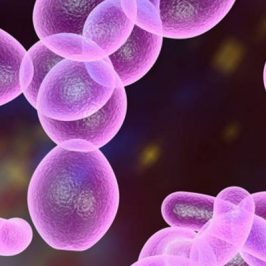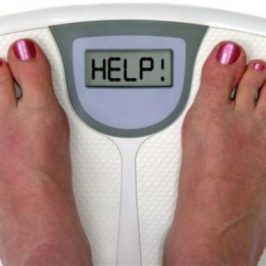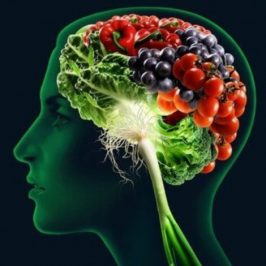Happiness, is it emotional or biochemical?
Its actually both, and one effects the function of the other.
Happiness means different things to different people, for some it is the absence of worry, for others feeling motivated and excited about life.
Our feel good hormones (also called neurotransmitters); endorphins, serotonin and dopamine are responsible for the communication of these emotions in our brain. Their production is enhanced by experiencing emotions of well being and their destruction is reduced by reducing inflammation and oxidative stress in our gut and brain. Interestingly a lot of the conventional antidepressants we use clinically have antioxidant effects on the brain as well as their ability to improve neurotransmitter levels.
Exercise is one of the most powerful lifestyle tools that consistently provides mood enhancing benefits shown in research. Exercise boosts the production of endorphins, is an outlet for stress hormones such as adrenaline and cortisol and has antioxidant and anti-inflammatory properties.
The gut brain connection is now undeniable. 75% of our happy brain chemical serotonin is made in the gut and enhancing our digestive environment can help us to feel happier even without changing our environment. Much of the oxidative stress and inflammation that destroys these neurotransmitters also comes from the gut. A large portion of this inflammation is triggered by the cell walls of pathogenic bacteria in the gut called lipopolysaccharides interacting with our immune system in the gut. Reducing this inflammation through taking probiotics, improving digestive enzyme levels and eating a diet with reduced levels of simple carbohydrates dramatically helps this. Pathogenic bacteria find simple carbohydrates their easiest source of food and can trigger a greater inflammatory response. The best food program for a healthy mood is one high in nutrionally rich low GI foods such as vegetables, protein, complex carbohydrates, good quality fats high in omega 3s such as fish, nuts and seeds and low levels of fruit.
I have found that one of the best all rounders that helps lower inflammation on many levels in the gut is turmeric. It is well known to have anti inflammatory properties both in the gut and the brain. The fermented version also supplies beneficial enzymes and probiotics.
The immune system helps keep bad bacteria under control in the gut and is very sensitive to stress. Stress can cause the immune system to change and becomes less effective at controlling the normal bad bacteria present hence controlling stress has such a huge role to play in controlling the inflammation and oxidative stress in the brain leading to mood changes. Vit D is an immune modulating hormone that both reduces inflammation and strengthens the immune system, it also has direct antiinflammatory properties on the brain. It is important to have your levels checked with your health practitioner.
Mental health problems are very common in our society and all of us know someone who is affected by this. It is important to speak to therapists to help look at the stress in our lives and find strategies to improve our coping mechanisms. Lowering inflammation and oxidative stress in the brain is also important and can dramatically help the symptoms. Many of these biochemical methods such as Vit D3 and turmeric can be used in conjunction with conventional medication but it is important to consult with your healthcare practitioner to ensure its safety and compatibility for each person individually.










